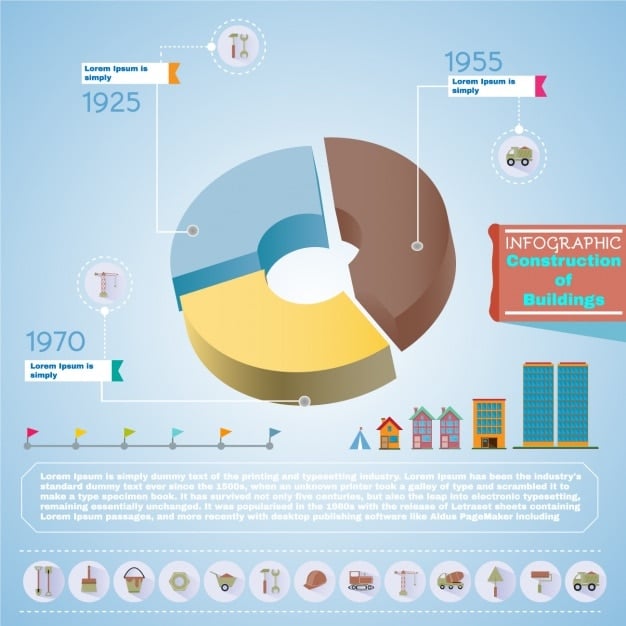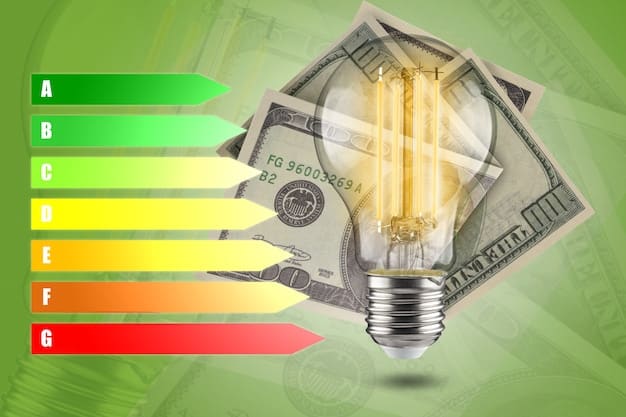Unlock Personal Finance Secrets: Negotiate Bills & Save in Australia

Discover personal finance secrets to negotiate better deals on your bills and save hundreds annually in Australia by understanding your spending, leveraging comparison tools, and mastering negotiation techniques with service providers.
Are you tired of hefty bills eating into your budget? Discover **personal finance secrets: How to negotiate better deals on your bills and save hundreds annually**. This guide is tailored for Australians looking to take control of their finances and unlock significant savings.
Understanding Your Spending Habits
Before you can start negotiating better deals, it’s crucial to understand where your money is going. Knowing your spending habits is the first step towards financial freedom.
Track Your Expenses
Use budgeting apps, spreadsheets, or even a simple notebook to record every dollar you spend. Categorise your expenses to identify areas where you can cut back.
Identify Essential vs. Non-Essential Spending
Distinguish between needs and wants. Focus on reducing or eliminating non-essential expenses to free up more money for savings or debt repayment.

- Review Bank Statements: Analyse your bank and credit card statements to spot recurring expenses and potential savings opportunities.
- Set a Budget: Create a realistic budget that aligns with your financial goals and track your progress regularly.
- Automate Savings: Set up automatic transfers to your savings account to ensure you’re consistently saving money.
By understanding your spending habits, you can identify areas where you can reduce costs and negotiate better deals with service providers.
Leveraging Comparison Tools for Better Deals
Comparison tools are your secret weapon when it comes to finding better deals on your bills. They allow you to quickly and easily compare prices from different providers.
Compare Electricity and Gas Providers
Use government-approved comparison websites to find the best electricity and gas deals in your area. You might be surprised at how much you can save by switching providers.
Shop Around for Insurance
Compare insurance quotes from multiple companies to ensure you’re getting the best coverage at the lowest price. Don’t be afraid to switch insurers if you find a better deal elsewhere.
- Use Comparison Websites: Websites like Compare the Market, Finder, and Canstar can help you compare prices for various services.
- Read Reviews: Check customer reviews to get an idea of the quality of service offered by different providers.
- Look for Special Offers: Many companies offer introductory discounts or other incentives to attract new customers.
Comparison tools empower you to make informed decisions and negotiate better deals with service providers, ultimately saving you money.
Mastering the Art of Negotiation
Negotiation is a skill that can save you hundreds, if not thousands, of dollars each year. Don’t be afraid to haggle with service providers to get a better deal.

Be Polite and Professional
Start by being courteous and respectful to the customer service representative. A positive attitude can go a long way in getting a better deal.
Do Your Research
Before you call, research the prices offered by competitors. Having this information will give you leverage in the negotiation.
Negotiating better deals on your bills requires research, confidence, and a willingness to walk away if necessary. You’ll be amazed at how much you can save.
Negotiating Specific Bills: Proven Strategies
Let’s dive into specific strategies you can use to negotiate lower prices on some of your common bills. These techniques will empower you to take control of your expenses.
Electricity and Gas Bills
When negotiating electricity and gas bills, ask about discounts for paying on time or setting up direct debit. Also, inquire about energy-efficient products or programs that could further reduce your consumption.
Internet and Phone Bills
Contact your internet and phone provider and inquire about any promotions or discounts they may be offering. If you’re a long-term customer, highlight your loyalty and ask for a better rate. Consider bundling your services for additional savings.
- Highlight Competitor Offers: Show the customer service representative the better deals offered by competitors.
- Ask for a Supervisor: If the representative is unable to offer you a better deal, ask to speak to a supervisor.
- Be Willing to Switch: Let the representative know that you’re prepared to switch providers if they can’t match the competitor’s price.
By employing these strategies, you can successfully negotiate lower prices on your electricity, gas, internet, and phone bills, putting more money back in your pocket.
Spotting and Reducing Unnecessary Expenses
Many people unknowingly waste money on unnecessary expenses. Identifying and reducing these costs can significantly boost your savings.
Subscriptions and Memberships
Review all your subscriptions and memberships, such as streaming services, gym memberships, and magazine subscriptions. Cancel any that you rarely use or can live without. Consider sharing subscriptions with friends or family to split the cost.
Eating Out and Takeaway
Reduce the frequency of eating out and ordering takeaway. Cooking at home is almost always cheaper and healthier. Plan your meals in advance and prepare a shopping list to avoid impulse purchases.
By identifying and reducing unnecessary expenses, you can free up more money to put towards your financial goals, such as paying off debt or saving for retirement.
Long-Term Savings Strategies
Negotiating bills is just one piece of the puzzle. Implementing long-term savings strategies will help you build a secure financial future.
Invest in Energy-Efficient Appliances
While it may require an upfront investment, energy-efficient appliances can save you money in the long run by reducing your electricity and gas consumption. Look for appliances with a high energy star rating.
Reduce Water Consumption
Conserve water by taking shorter showers, fixing leaky taps, and installing water-efficient showerheads and toilets. Many local governments offer rebates for water-saving products.
- Set Financial Goals: Define your short-term and long-term financial goals to stay motivated and focused on saving.
- Seek Professional Advice: Consider consulting a financial advisor for personalised guidance on investment and savings strategies.
- Regularly Review Your Finances: Review your budget, expenses, and savings progress regularly to stay on track and make adjustments as needed.
By implementing these long-term savings strategies, you can create a solid foundation for your financial future and achieve your financial goals.
| Key Point | Brief Description |
|---|---|
| 📊 Track Expenses | Monitor your spending to identify areas for savings. |
| 🔍 Use Comparison Tools | Find better deals on utilities and insurance. |
| 📞 Negotiate Bills | Politely haggle for lower rates on services. |
| 💡 Reduce Expenses | Cut back on unnecessary subscriptions and eating out. |
Frequently Asked Questions
▼
It’s a good idea to review your bills at least every six months. This allows you to check for new deals and promotions, and also identify any changes in your spending habits.
▼
Start small by negotiating with companies you feel more comfortable with. Practice your negotiation skills and remember to be polite and professional. Researching beforehand will also boost your confidence.
▼
Comparison websites are generally accurate, but it’s crucial to double-check the information with the service provider directly. Pay attention to the fine print and any hidden fees.
▼
Research competitor prices, be polite and professional, and be prepared to switch providers if necessary. Highlighting your loyalty as a customer can also help.
▼
Common unnecessary expenses include unused subscriptions, frequent eating out, impulse purchases, and high-interest credit card debt. Reviewing your spending habits can help identify these costs.
Conclusion
By implementing these **personal finance secrets**, you can significantly reduce your bills and save hundreds of dollars annually in Australia. Start by understanding your spending habits, leveraging comparison tools, mastering negotiation techniques, and reducing unnecessary expenses. Take control of your finances and unlock your financial freedom today.





